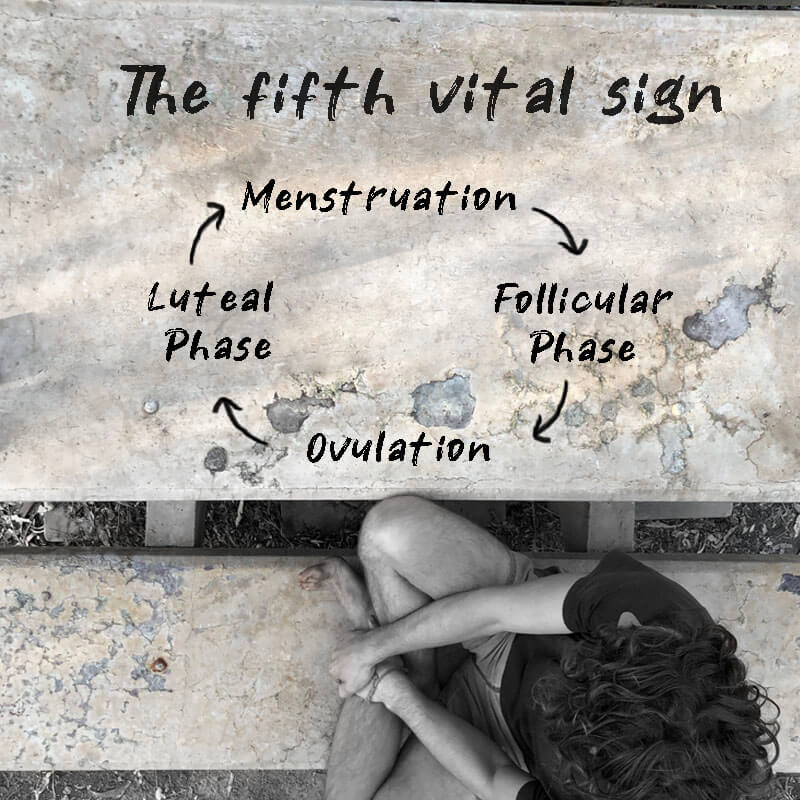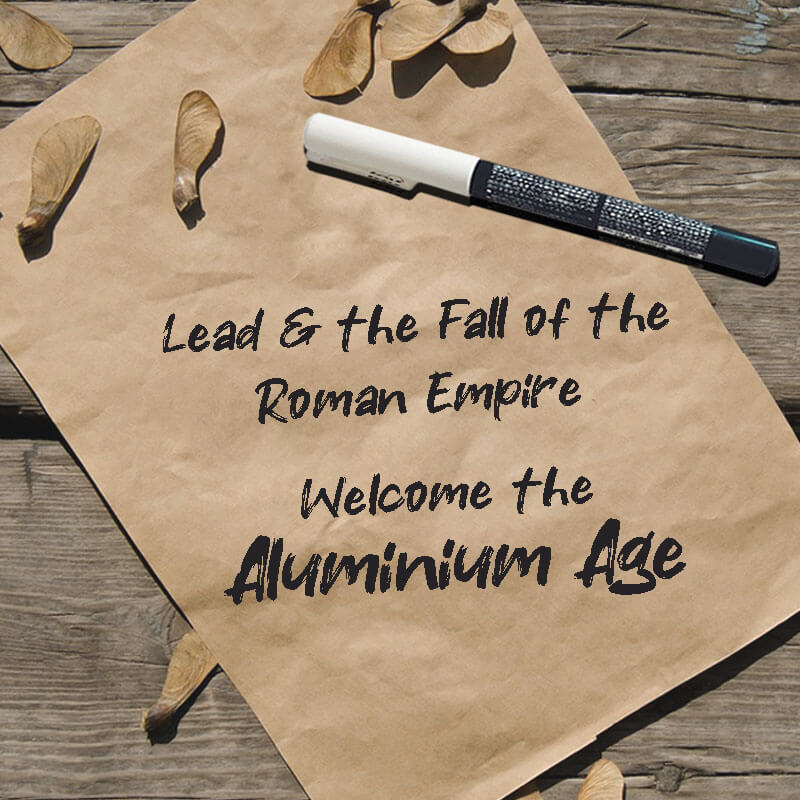Scientific advancements have been the cornerstone of modern healthcare. Inarguably, the immense strides taken in medicine have greatly increased our understanding of the human body. Yet, despite the remarkable achievements, an emerging school of thought postulates that the same science is often used detrimentally within the health industry. This perspective is held by a range of scientists, physicians, and bioethicists who argue that the power of medical science can be manipulated, often at the expense of patient care.
At the heart of this contention is the commercialisation of health science, which can lead to what has been termed ‘medicalisation’ – a concept eloquently described by the sociologist Ivan Illich in his seminal work, “Medical Nemesis.” Illich pointed to the “expropriation of health,” wherein ordinary life processes like aging or childbirth are pathologised and perceived as conditions needing medical treatment. He warned of an “overmedicalised” society, one in which healthcare transforms from a service to an industry, exploiting our innate fear of illness and death.
Science belongs to the rich | Bessel van der Kolk
Bessel van der Kolk, a renowned psychiatrist recognised for his groundbreaking work in trauma and its impact on the body and brain, provides an additional layer of nuance to this discourse. His discussions often underscore the disparities present within the scientific community. A pertinent example lies in the concept of ‘statistical power’ in research. High-powered studies, which are more likely to detect true effects when they exist, often require substantial funding and resources, often beyond the reach of many researchers. Consequently, the power to conduct and influence scientific research, especially large-scale studies, can become concentrated in the hands of wealthy entities. This dynamic raises significant concerns about the direction and focus of scientific exploration and how it might be disproportionately influenced by wealth and power, as opposed to public health needs and potential societal benefits.
Another controversial aspect is the pharmaceutical industry’s influence over scientific research and clinical practice, a topic frequently explored by Marcia Angell, a former editor-in-chief of the New England Journal of Medicine. In her book “The Truth About the Drug Companies,” she illustrates how pharmaceutical companies often fund research likely to produce outcomes favourable to their products. This form of ‘financialised’ science can lead to biased studies, underreporting of adverse effects, and overemphasis on medication use over lifestyle changes, often referred to as ‘funding bias’ or ‘sponsorship bias’.
Funding bias or sponsorship bias suggests that the results of scientific studies can subtly or overtly favour the interests of the organisation providing the financial backing. This phenomenon has been substantiated by a number of meta-research studies, including the 2012 Cochrane review by Lundh et al., titled “Industry sponsorship and research outcome,” which analysed 48 papers and found a higher likelihood of favourable outcomes in studies sponsored by pharmaceutical companies. A more extensive systematic review published in PLOS Medicine in 2007 by researchers from the University of California, San Francisco, analysed 1140 original studies and reached similar conclusions. These studies illuminate the importance of transparency and scrutiny in scientific research, alongside the need for diversified and independent sources of funding. I acknowledge the potential irony of using scientific literature, which itself could be subject to bias and misuse, to make my case.
Science is undoubtably valuable, but vigilance is needed to prevent its misuse against you.
There is also the problematic issue of overdiagnosis, a concept championed by H. Gilbert Welch, a professor of medicine at the Dartmouth Institute. In his book “Overdiagnosed: Making People Sick in the Pursuit of Health,” Welch argues that advances in medical technology have created an environment where normal variations in human physiology are often labelled as abnormal, leading to unnecessary treatments that can cause physical harm and psychological distress.
On a broader scale, the concept of techno-utopianism in health sciences, highlighted by scholars like Nicholas Agar, an ethicist at Victoria University of Wellington, raises ethical concerns. Agar points out in his book “Truly Human Enhancement: A Philosophical Defense of Limits” that an over-reliance on technological innovation can distract from tackling systemic health inequalities and improving social determinants of health.
In closing, this critical examination of science in the health industry underscores the need for a careful, nuanced approach. While acknowledging the tremendous achievements of medical science, it is essential to recognise the potential for misuse and detrimental consequences, influenced by commercial interests, wealth disparity, and overreliance on technology. Ivan Illich, Marcia Angell, Bessel van der Kolk, H. Gilbert Welch, and Nicholas Agar, among others, offer valuable insights into these complex issues. Their work reminds us that patient welfare and scientific integrity should be at the forefront of healthcare. Ultimately, in the pursuit of health, we must ensure that science serves us all equitably, and not used as a tool that perpetuates systemic disparities or unnecessary harm. The demand for science in healthcare to be practiced more humanely, ethically, and transparently is enduring. Keep in mind, science is of great importance, but be cautious not to let it be manipulated to your detriment.

Nils Strohbeck
Connect
A Perfect Coup: Pharmaceutical Industry’s Hold on Healthcare
A dive into industry's extensive influence
Lead and the Fall of the Roman Empire: Welcome the ‘Aluminium Age’
How Aluminium is Affecting Our Health









